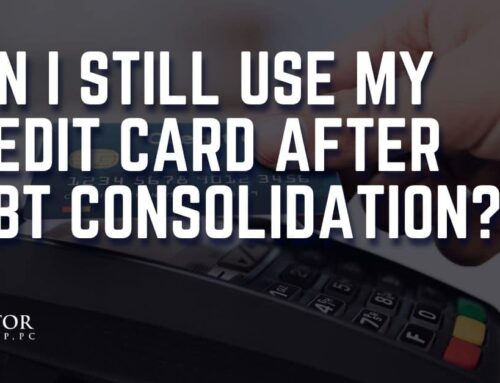Credit card debt can feel overwhelming, especially during high-spending seasons like back-to-school shopping or the holidays. Many consumers wonder if there’s a way to gain control before debt spirals out of hand. The good news is that you can take proactive steps to manage balances, reduce interest, and set up manageable payment plans. Understanding how to negotiate credit card debt effectively is the first step toward financial freedom.
Preparing Your Financial Information
Before you pick up the phone to call your creditor, preparation is key. Gather all your account details, including outstanding balances, current interest rates, and minimum monthly payments. Take a clear look at your income and expenses so you know exactly what you can realistically afford. Credit card companies are more likely to work with you if you show that you’ve done your homework and can commit to a structured repayment plan.
Communicating Effectively with Credit Card Companies
When negotiating, your tone and approach matter. Stay polite, professional, and firm. Be clear about your financial hardship and explain why you’re requesting adjustments. Many creditors offer hardship programs, temporary reductions in interest, or even short-term payment deferrals. The key is to ask directly for what you need and document all communication.
A common strategy is to request a reduced interest rate or to move from variable to fixed terms. Even a few percentage points lower can save you hundreds or thousands of dollars over time. If you remain consistent and demonstrate commitment, creditors are often willing to find a solution that works for both sides.
Exploring Options: Interest Reductions, Payment Plans, and Hardship Programs
Credit card issuers typically have several options available for struggling borrowers:
- Lower interest rates to make monthly payments more affordable.
- Payment plans with fixed monthly amounts to help you pay down balances faster.
- Hardship programs that may temporarily reduce or pause payments due to life changes such as job loss or medical emergencies.
It’s important to compare these options carefully. While a temporary fix may provide relief, long-term sustainability should be your priority.
When Professional Help May Be Necessary
Sometimes, negotiations break down or creditors refuse to work with you. In those situations, seeking legal guidance can make all the difference. An experienced attorney not only negotiates on your behalf but also ensures your rights are protected under laws like the Fair Credit Billing Act.
At Mediator Law Group, we specialize in helping California consumers explore debt relief options tailored to their unique circumstances. Whether you need support in negotiations or protection from legal actions, our attorneys provide the personalized guidance you deserve.
Taking Control of Your Financial Future
Knowing how to negotiate credit card debt empowers you to regain control over your finances and reduce stress. With preparation, effective communication, and awareness of available programs, you can often secure better terms directly with your creditors. But if you find yourself stuck or overwhelmed, don’t hesitate to seek professional support.
Contact Mediator Law Group today to learn how our attorney-led strategies can help you create a debt relief plan that works for your future.









